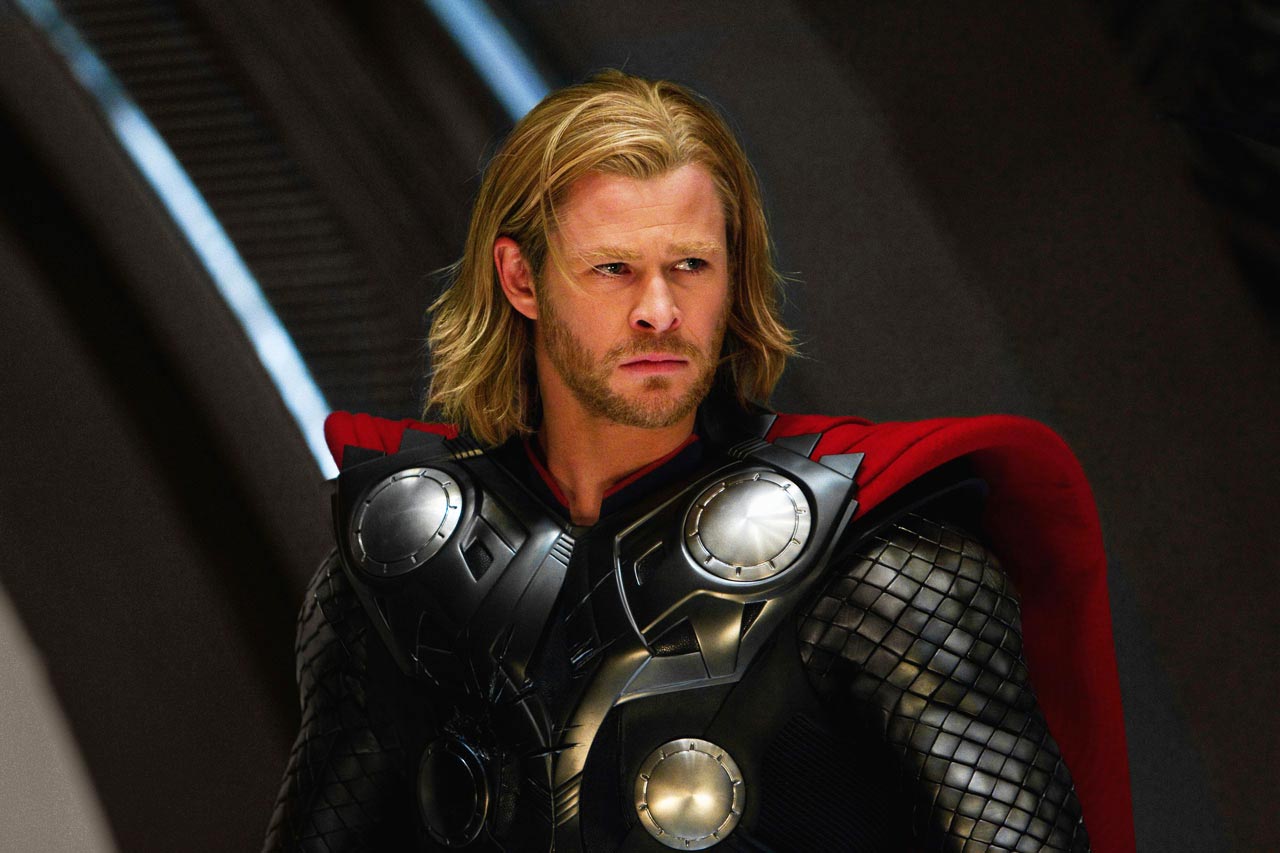 By now one should be wary of superhero movies, because no matter how good the source material is the Brett Ratners of the world manage to muck it up. No disrespect to Kenneth Branagh, but “Thor” left much to be desired.
By now one should be wary of superhero movies, because no matter how good the source material is the Brett Ratners of the world manage to muck it up. No disrespect to Kenneth Branagh, but “Thor” left much to be desired.
The movie centers around the Norse god of the same name, tweaking the mythology so that Thor’s world runs adjacent to our own, rather than within. After a war with the Frost Giants, Thor and co. find themselves living a relatively peaceful existence. Odin, ruler of Asgard, is about to step down from the throne, leaving Thor in charge, much to the dismay of brother Loki; but the processesion is thrown off when a group of Frost Giants infilitrate the kingdom and attempt to steal back an ancient weapon. In retaliation, Thor goes to the realm of the Frost Giants to slay their king, against Odin’s instruction. Cornered by the Frost Giants, all seems lost, but Odin steps in to save the day and subsequently strips Thor of his power, banishes him to Earth, and enchants his mighty hammer, Mjolnir, so that only one who is worthy of its power can wield it.
On Earth, Thor runs into a group of scientists, one of whom is the smoking hot Natalie Portman. After an awkward adjustment period, Thor finds out where his hammer is–safe with the good folks of S.H.I.E.L.D.–and sets about to retrieve it.
The movie’s biggest problem is not one of action or a lack of cool, so those looking to “Thor” for popcorn and blockbusting will probably enjoy the experience. It’s biggest problem is engrained in a script where every character undergoes seemingly immediate change without any outside force. Portman’s character is obviously going to fall in love with Thor, but why? The majority of their time spent together features Thor, a homeless man, babbling like a lunatic about how powerful he is and about the magic of other worlds. If he weren’t the personification of a sexy Brawny ad, she’d have him committed to a mental institution. While Portman’s character is intelligent, she quickly falls into the role of the wide-eyed damsel, captivated only by the chiseled jawline and flowing locks of her knight in shining armor.
Then there’s Loki, who flip-flops more than John Kerry (hi-yo, 2004!) and whose actions, both good and evil, make no sense to either the character or the audience. In aiming for Shakespearean drama, the filmmakers tangle the character in unnecessary threads of damnation, half-hearted redemption, further damnation, etc.
Finally, there’s Thor, characterized by brazenness and thickheadedness, who learns his father’s lesson in one fell swoop without a semblance of incremental emotional growth. The aspects of Thor’s personality that made him unfit to be ruler are suddenly wiped out, and he becomes the embodiment of everything pure and perfect in the universe.
“Thor” does have its moments, rooted, surprisingly, in the comedic more than the dramatic, but it never manages to compete with, say, “Iron Man,” the current standard for Avengers flicks. What really blows my mind is the fact that “Thor” has a 78% fresh rating on Rotten Tomatoes, although that’s the same as “Fast Five,” so the rating says more about modern criticism than anything else.
Against all reason, I remain optimistic in regard to the franchise and comic book adaptations in general. Here’s hoping Thor finds a better fit in The Avengers movie than in his first solo outing.
